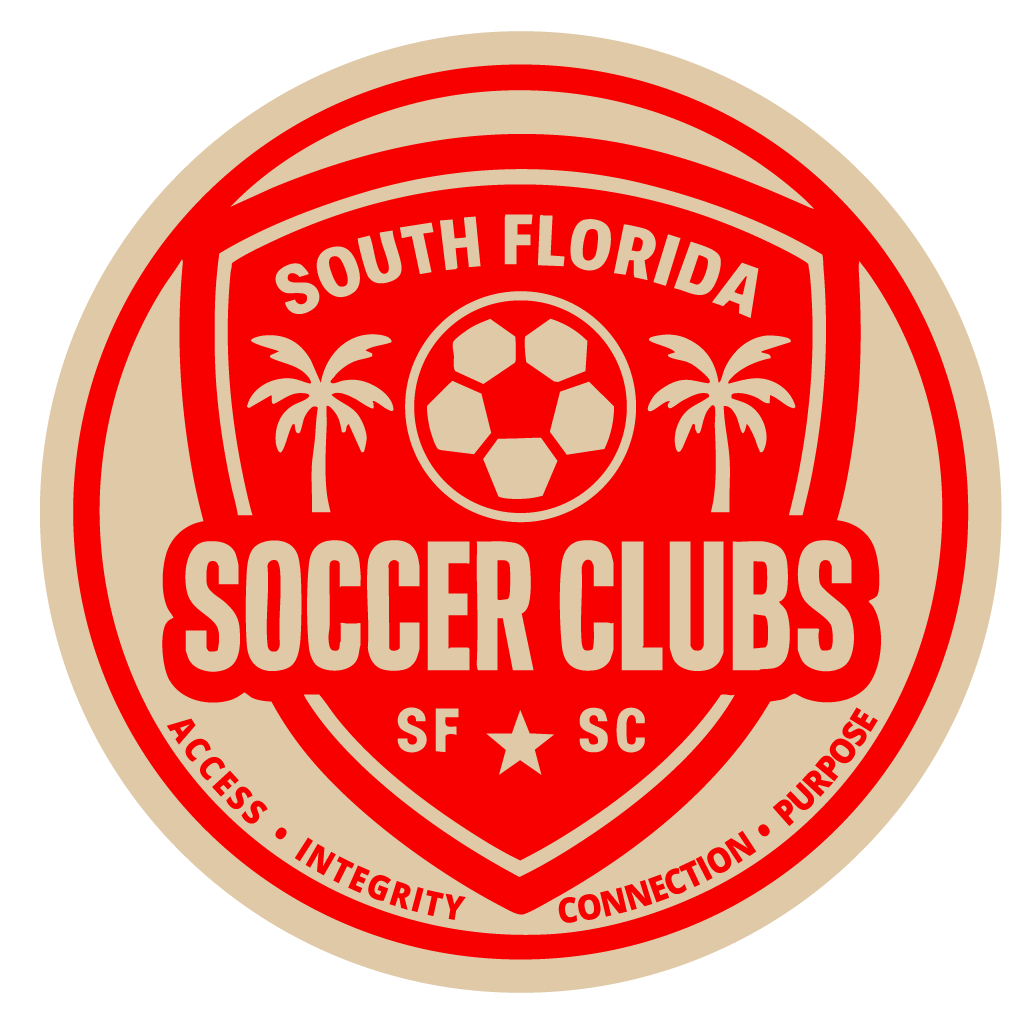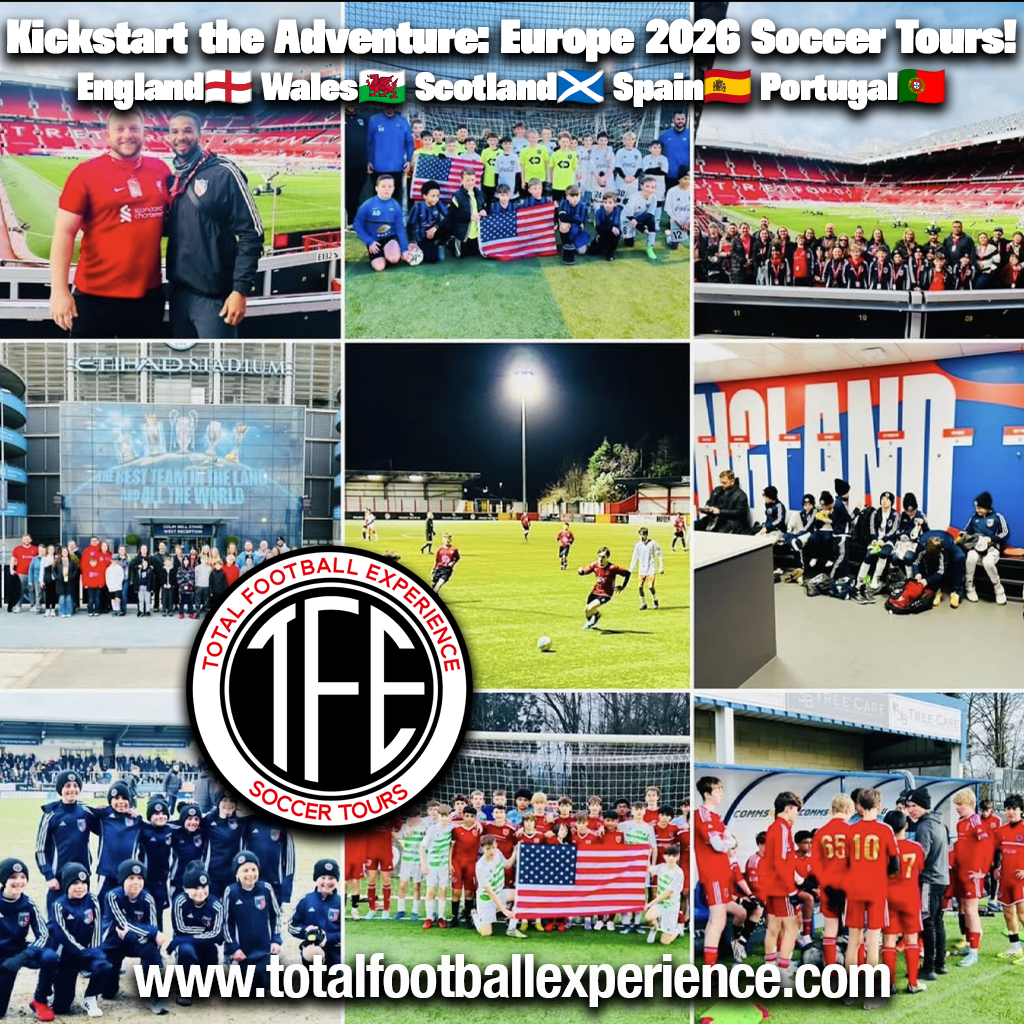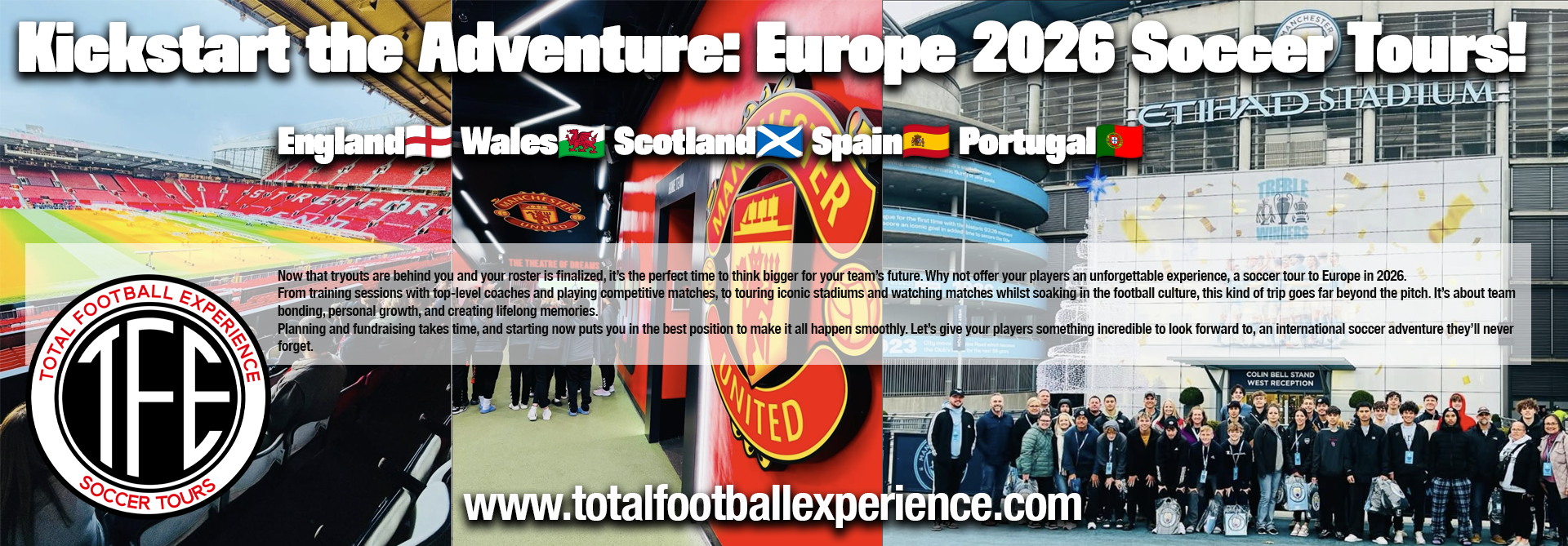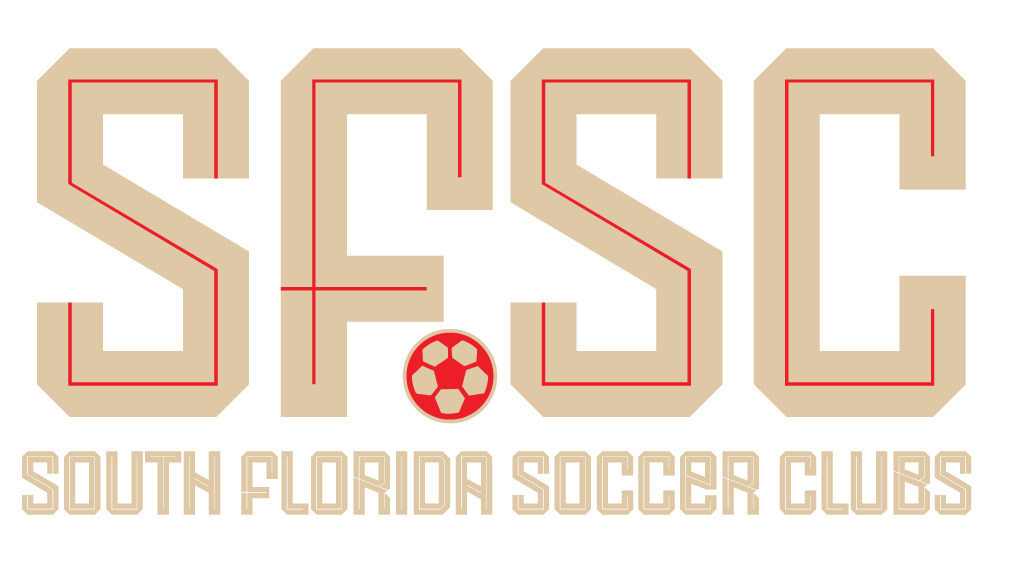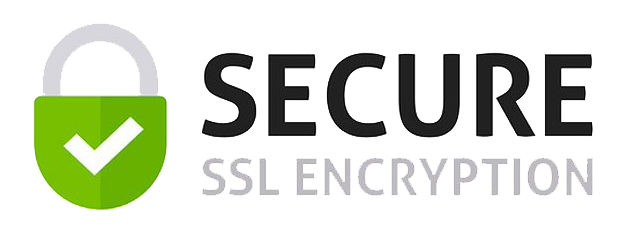Why Consider International Travel for Soccer?
- Exposure to Different Styles of Play: Kids experience tactical and technical approaches from top soccer nations (e.g., Spain’s possession, Germany’s structure, Brazil’s flair).
- Cultural Growth: Traveling broadens your child’s worldview—learning independence, respect, and new customs.
- Training at Elite Facilities: Many programs are held at top academies or club facilities (e.g., Atlético Madrid, Ajax, Juventus).
- Resume Booster: For serious players, international camps can stand out on a player’s soccer résumé and college applications.
- Immersive Experience: Language, team bonding, and being “all in” for 1–3 weeks creates lasting memories.
Popular Destinations (with Strong Soccer Reputations)
Spain
World-class training, top clubs (Barcelona, Real Madrid), warm climate
Italy
Focus on tactics and technical training, rich soccer culture
Germany
Known for discipline, player development structure
Portugal
High technical standards, affordable programs
Netherlands
Philosophy-driven training, great coaching culture
UK
Premier League exposure, English language camps
Argentina
Intense, creative street-style football experiences
France
Mix of athleticism and technique, strong academy systems
Potential Drawbacks or Risks
- Cost: Flights, program fees, insurance, and spending money add up. Some programs cost $3,000–$7,000+.
- Overpromise/Underdeliver: Not all camps are equal. Flashy ads don’t guarantee quality training.
- Hidden Costs: Some programs charge extra for excursions, gear, or airport transfers.
- Homesickness or Injuries: Young players might struggle emotionally or physically.
- No Clear Development Plan: Some camps are tourism-focused more than skill development.
Red Flags to Watch For
- No clear schedule or training breakdown provided
- No mention of coaching credentials
- Overuse of buzzwords like “exclusive,” “guaranteed exposure,” without substance
- Pressure to commit without seeing full pricing or refund policy
- No past reviews, references, or sample photos from previous tours
Smart Questions to Ask Before You Register
- Who runs the program? Are they a licensed academy, club, or a third-party tour organizer?
- Who will coach the players? Ask for credentials, languages spoken, and ratios.
- What is included in the price? Training, housing, meals, insurance, excursions?
- Where do players stay? Hotel, dorm, or host family? What are the safety protocols?
- Is there medical support on-site?
- Is the tour open to all skill levels or invite-only?
- Can I speak to a parent whose child went last year?
The Importance of Coaching in International Camps
Not all coaches are created equal—the quality of the training your child receives abroad depends heavily on who is coaching. A great destination doesn’t mean much without experienced, qualified trainers.
What to Look for in the Coaches:
- UEFA Licenses (especially A or B):
This is the top standard in Europe and ensures the coach has completed hours of practical and theoretical instruction. - FIFA-Affiliated Experience:
Coaches who have worked with national teams, professional youth academies, or top-tier clubs bring invaluable experience. - Language Skills:
Can they communicate clearly with your child? Even better if they offer bilingual or English-speaking coaching in non-English countries. - Playing Background (Optional Bonus):
Coaches who’ve played professionally may bring unique insights—but experience teaching youth is more important. - Small Coach-to-Player Ratios:
- A ratio of 1 coach per 10–12 players or fewer is ideal for meaningful feedback and oversight.
Questions to Ask About Coaching Staff:
- What licenses or certifications do the coaches hold?
- Are they affiliated with any professional clubs or federations?
- What is the coach-to-player ratio?
- Are they trained in first aid and concussion protocols?
- Will they provide written evaluations or development plans after the camp?

